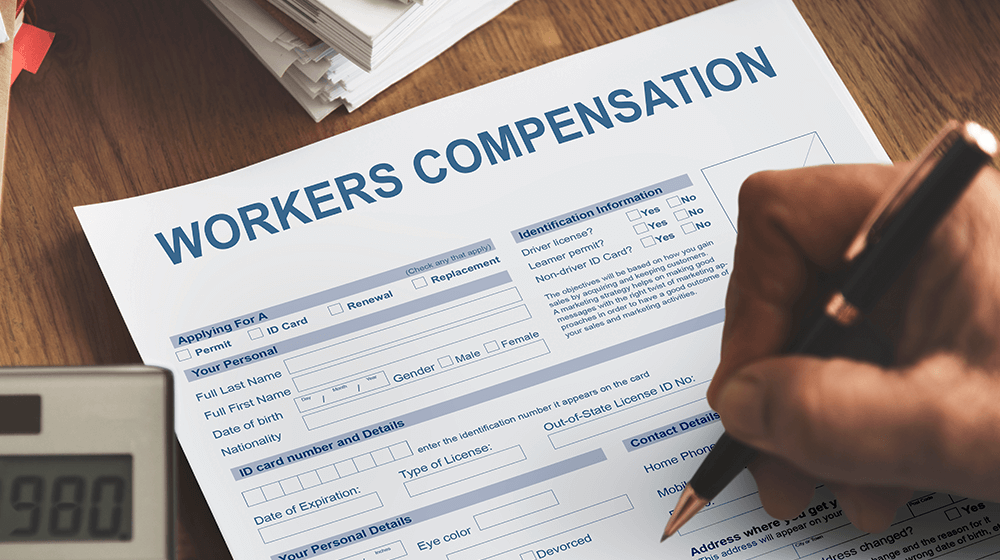Should Airpods Be White? Hollywood Heavyweight Franklin Leonard On The Earbuds Hearing Feature

Franklin Leonard needs all his senses to work optimally. As an esteemed film producer, a contributing editor at Vanity Fair, and the founder and CEO of the Black List—an annual publication highlighting Hollywood's most popular unproduced screenplays, of which hundreds have been made into theatrical films—Leonard is constantly reading, writing, watching films, and conducting and taking part in interviews. So, when an illness took away half the hearing in his left ear two years ago, his demanding life became even more difficult; Leonard struggled to hear conversations and understand movie dialogue.
"It has been frustrating, but more than that, it's been a reminder just how bad disability policy is in this country," Franklin wrote on X this month. "I considered getting hearing aids, but even the cheapest good ones cost thousands of dollars, and health insurance does not cover their cost, even when you have a documented need."
Tweet may have been deleted
Recently, his parents gifted him with the new FDA-approved hearing aid-enabled AirPods, which Leonard called a "game-changer" on X. In the same message, Leonard bemoaned the AirPods' distinct lack of skin toned color product. We followed up with Leonard on how the AirPods have improved his work and life, and how Apple could make them even more useful.
Mashable: Tell us a little bit more about how the hearing-enabled AirPods came into your life and what changes they brought.
Leonard: The short version is that I saw the ad: What I hear in my left ear is wildly similar to the POV audio in the ad, and I happened to mention them offhand to my mother, who had been asking me what I wanted for Christmas...My mother being my mother, that offhand mention led to them arriving at my house last Friday. I tried them on Friday night and was intrigued, but I was staying home with my wife so it wasn't a proper test drive. Then on Saturday I went to a few Christmas parties, and to my great surprise, I didn't struggle to keep up with conversation and very rarely had to ask anyone to repeat themselves in conversation.
With technology becoming more useful for people with sensory disabilities, should tech companies focus more on designing products for those less confident about their challenges? Do we need AirPods that are less conspicuous and Meta smart glasses that look more like typical eyeglasses?
According to the CDC, roughly 1 in 4 Americans reported having a disability. Designing products for folks who have them just strikes me as a good business decision...my call for flesh toned AirPods wasn't actually specifically to provide more options for people of color. It was to provide more options for people period. No one's skin is as white as an Apple AirPod, and I totally understand that that gleaming white design is part of their brand identity, and it's also pretty handy to make sure that they don't get lost quite as easily.
I just think that it might be more comfortable for people to wear them socially as their primary hearing assistance if it wasn't quite so obvious that they were sitting in your ear, which is the case as they're currently designed.
Personally, I'm going to rock them regardless. I don't think I have anything to be embarrassed about because I need a bit of help to hear more clearly, and I don't think that anyone with a disability should feel embarrassed about whatever assistance they need. So on some level I'm just trying to normalize the visible need for assistance, which was sort of the point of my post. But even that feels like a luxury, I have it so easy relatively speaking. Most have it far worse.
Many of us think of tech as a growing concern of modern life, like social media misinformation, screen addiction, AI gobbling up jobs, etc., but obviously there are advantages, like the AirPod hearing aids, that tech has brought. How do you square the good with the bad?
The industrial revolution increased productivity but it also increased the exploitation of labor. Nuclear weapons brought nuclear power. Etc. Etc. Etc. Technological advancement has always been fraught, and we've always been at the mercy of those who control technology. Social media, AI, etc. aren't per se good or bad, but the people who wield and/or control it can do so in ways that are good or bad. I'm not broadly optimistic about their moral codes at the moment, but maybe they'll surprise me.


